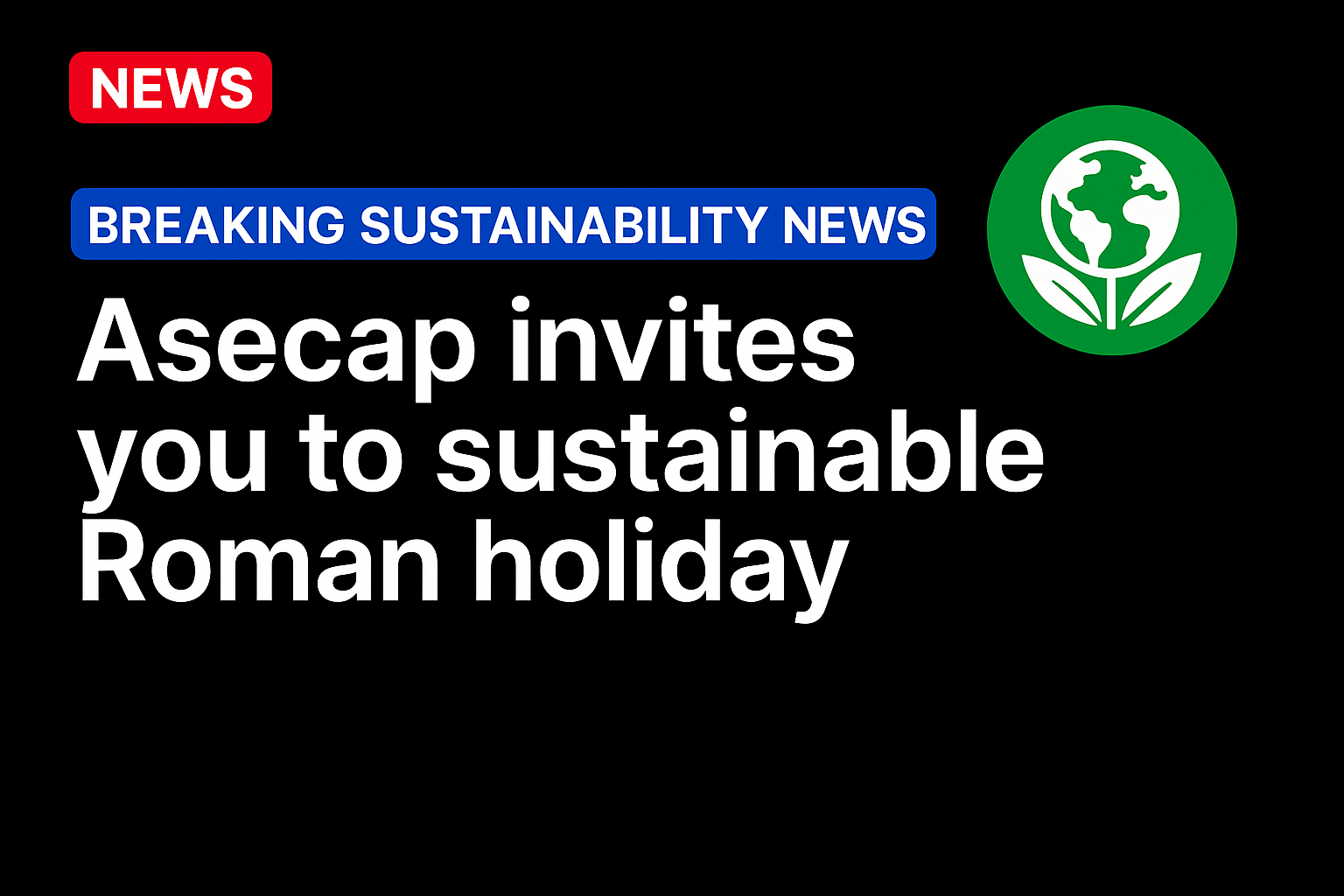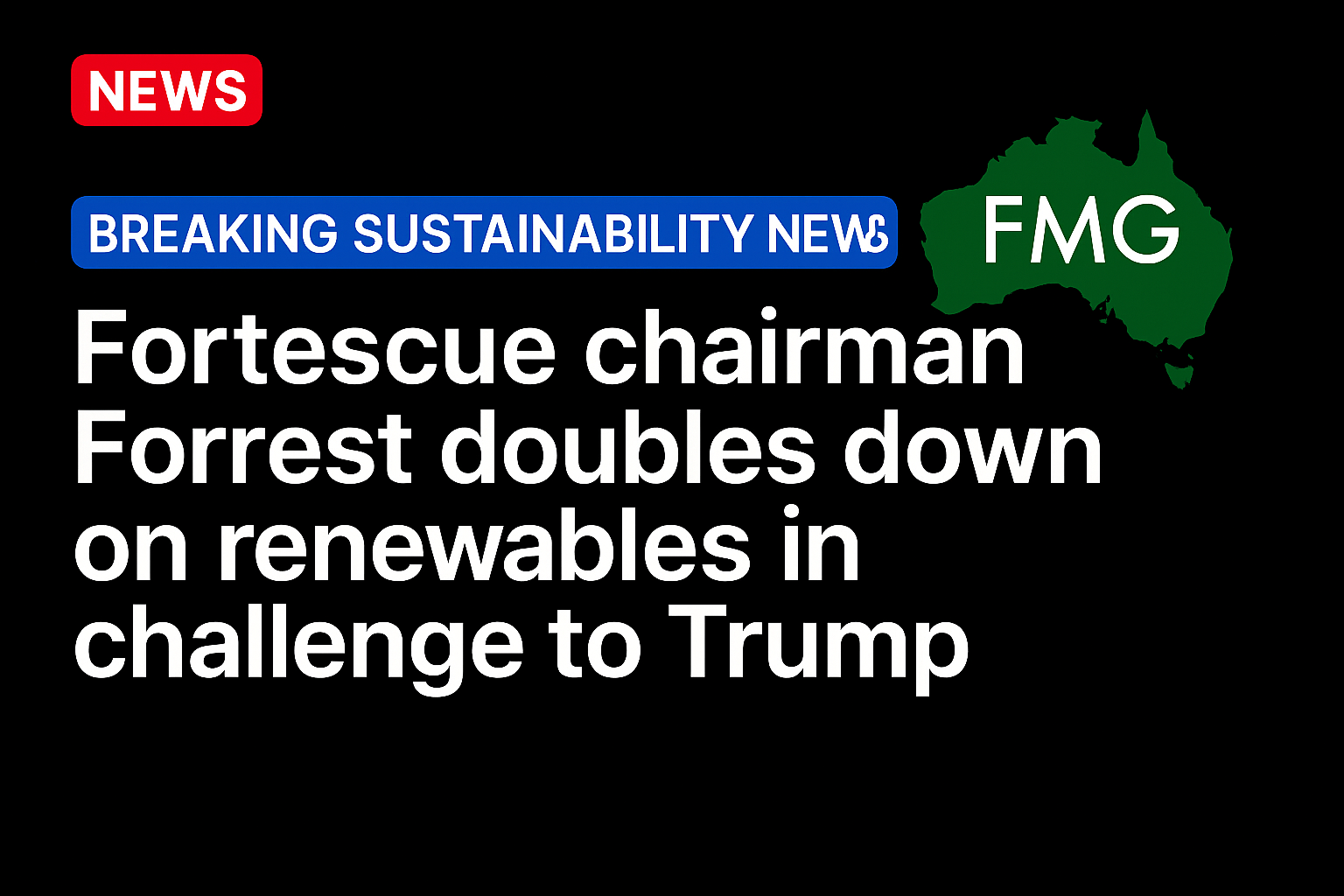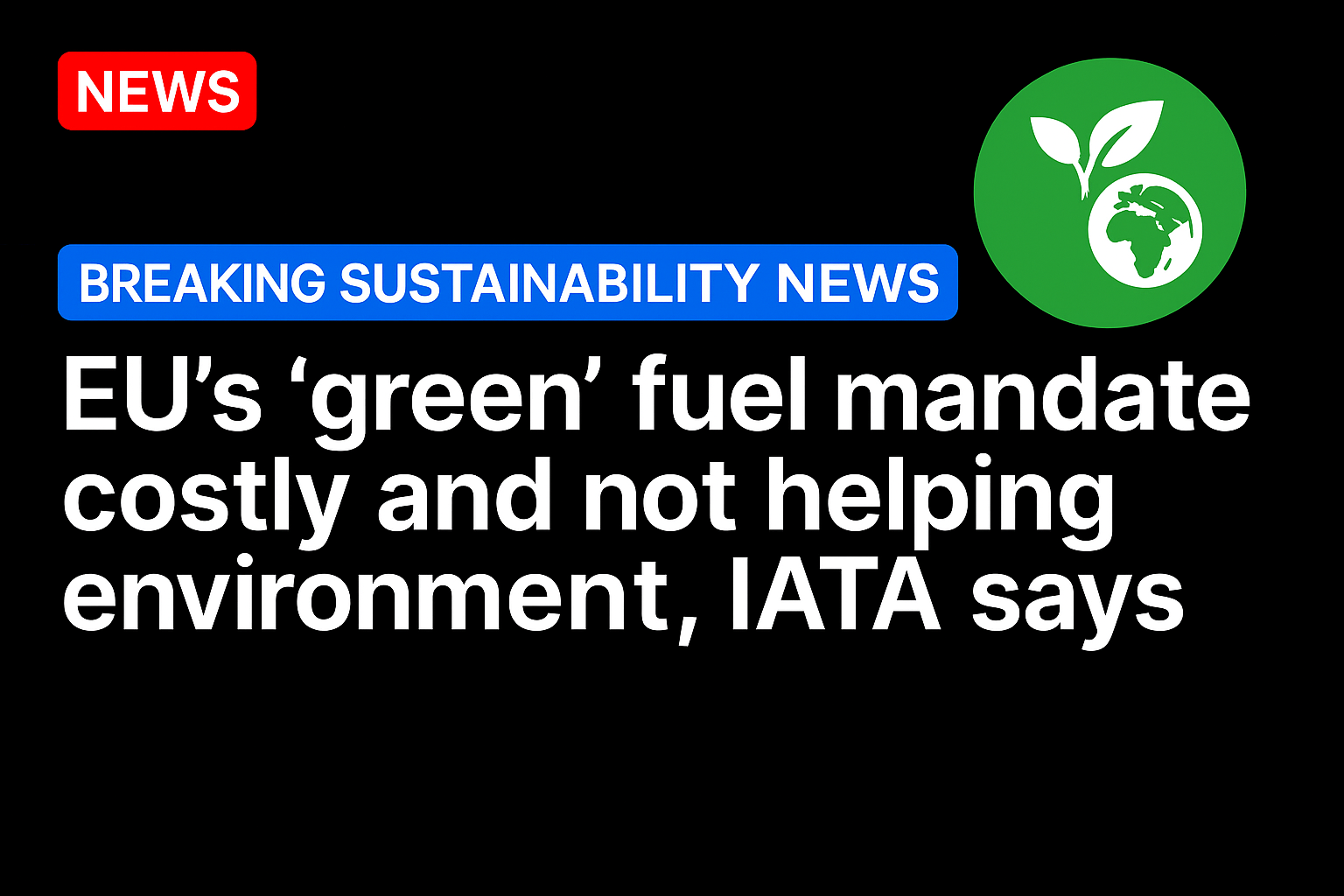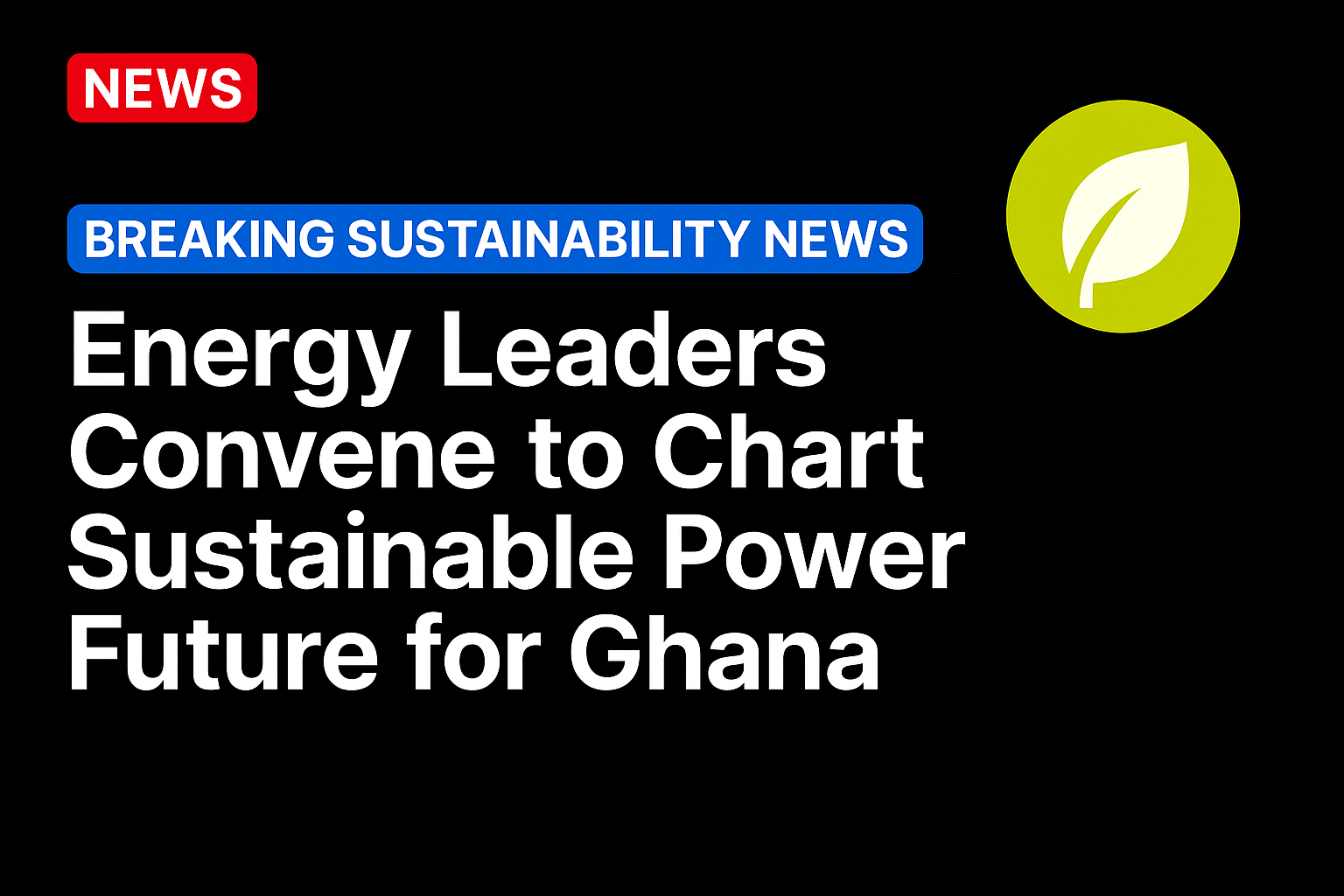Audrey Hepburn and Gregory Peck knew a thing or two about mobility back in 1953’s movie Roman Holiday when they explored Rome on a Vespa.
Mobility has since moved on in the Italian capital but the magic is still there and there are many more ways to get around.
Come see for yourself in December and also take in the 4th Asecap Sustainability Forum.
The one-day event and dinner for the European toll operators association will be held at the Museo Nazionale delle Arti del XXI Secolo.
Discussions will focus on issues that are also focusing minds within Europe’s leading mobility companies – from climate change and carbon-free infrastructure to the circular economy.
On sustainability reporting and climate risk management, how are concessionaires adapting to the European Union’s corporate sustainability reporting directive (CSRD) and measuring environmental, social, and governance (ESG) performance?
Resilient and carbon-free road infrastructure involves innovative strategies to decarbonise and future-proof mobility networks. Meanwhile, innovation and the circular economy looks at practical approaches to reuse, recycling and resource efficiency within the toll road sector.
The forum will be hosted in cooperation with Aiscat – Associazione Italiana Società Concessionarie Autostrade e Trafori – the Italian Association of Motorway and Tunnel Concessionaires.
What is the circular economy?
The European Commission has adopted the new circular economy action plan (CEAP) and is one of the main building blocks of the European Green Deal.
The EU’s transition to a circular economy will reduce pressure on natural resources and will create sustainable growth and jobs. It is also a prerequisite to achieve the EU’s 2050 climate neutrality target and to halt biodiversity loss.
But what exactly does the circular economy mean? And what would be the benefits?
The circular economy is a model of production and consumption, which involves sharing, reusing, repairing, refurbishing and recycling existing materials and products as long as possible. In this way, the life cycle of products is extended.
In practice, it implies reducing waste to a minimum. When a product reaches the end of its life, its materials are kept within the economy wherever possible thanks to recycling. These can be productively used again and again, thereby creating further value. Reusing and recycling products would slow down the use of natural resources, reduce landscape and habitat disruption and help to limit biodiversity loss.
Another benefit from the circular economy is a reduction in total annual greenhouse gas emissions. Deployment of EVs as well as sustainable infrastructures are seen among the solutions to reduce CO2 emissions.
But grid connection might be a bottleneck for charging-infrastructure rollouts.
How are motorway operators facing those challenges?
This year also marked the first Corporate Sustainability Reporting Directive (CSRD) disclosures for the 2024 financial year.
Motorway concessionaires, with more than 500 employees, have had to disclose their sustainable data according to the European Sustainability Reporting Standards (ESRS). All undertakings in scope therefore disclosed information on their ESG-related impacts, risks and opportunities.
What experience do the motorway concessionaires have with the new reporting? What are the main findings? How are they measuring the ESG performance?
The answers to these and many more questions will be found in Rome. Come and toss three coins in a fountain on 15 December.
Source: https://www.itsinternational.com/




